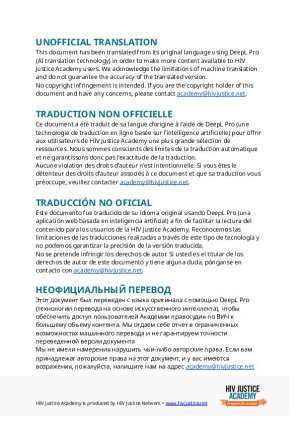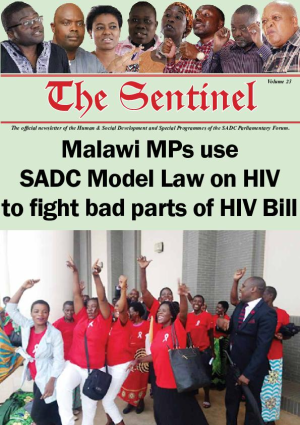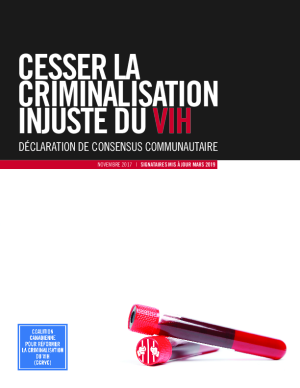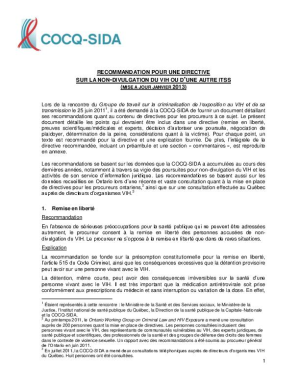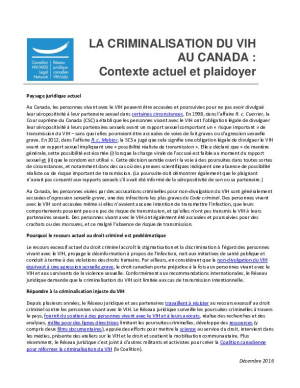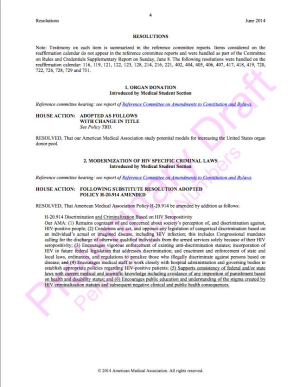OptTEST Hoja de consejos 11 – Preguntas clave: Preguntas que debe hacerse (y ser capaz de responder) antes de solicitar una reunión con un ministro del Gobierno
Consejos y preguntas para guiar la preparación de reuniones con funcionarios de gobierno.
Este documento fue traducido de su idioma original usando DeepL Pro (una aplicación web basada en inteligencia artificial) a fin de facilitar la lectura del contenido para los usuarios de la HIV Justice Academy. Reconocemos las limitaciones de las traducciones realizadas a través de este tipo de tecnología y no podemos garantizar la precisión de la versión traducida.
No HIV transmission from virally suppressed mothers during breastfeeding in rural Tanzania (2018)
Brief report from clinical practice in Tanzania which found no HIV transmission from mothers who were retained in care and had suppressed viral load whilst breastfeeding. They conclude: "Breastfeeding signifies a very low risk when mothers adhere to ART."
Malawi MPs use SADC Model Law on HIV to fight bad parts of HIV Bill
After nearly 10 years of intense debate and consultations, Malawi Members of Parliament voted to reject controversial provisions in their HIV (Prevention and Management) Bill. The Bill had included provisions that would have made HIV testing and treatment mandatory for specific people in a discriminating manner. Additionally, and perhaps more controversially, the Bill had sought, also, to allow criminalisation of HIV transmission, exposure and non-disclosure. This newsletter captures part of the debates leading to the passing of the final Bill.
Cesser la criminalisation injuste du VIH – Déclaration de consensus communautaire
La Déclaration de consensus communautaire présente une analyse critique partagée, quant aux raisons pour lesquelles l’approche canadienne à la criminalisation du VIH est malavisée au moment de sa publication et requiert des actions spécifiques que le gouvernement fédéral et ceux des provinces et territoires devraient adopter afin de mettre fin aux poursuites criminelles injustes visant des personnes qui vivent avec le VIH.
Recommandation pour une directive sur la non-divulgation du VIH ou d’une autre ITSS
Document détaillant les recommandations de la COCQ-SIDA quant au contenu de directives pour les procureurs au sujet de la criminalisation de l’exposition au VIH et de sa transmission. Les recommandations se basent sur les données accumulées par la COCQ-SIDA, notamment à travers sa vigie des poursuites pour non-divulgation du VIH et les activités de son service d’information juridique et sur les données recueillies en Ontario lors d’une consultation quant à la mise en place de directives pour les procureurs ontariens.
La Criminalisation du VIH au Canada : Contexte actuel et plaidoyer
Décrit le paysage juridique au moment de la rédaction du document concernant la criminalisation de la non-divulgation du VIH au Canada et ce que le Réseau juridique et ses partenaires font afin de contrer le recours excessif au droit criminel à l’encontre des personnes vivant avec le VIH.
AMA Resolution on Modernization of HIV Specific Criminal Laws
Resolution by the American Medical Association (AMA) including condemnation of HIV-based discrimination, calls for laws to be consistent with current scientific knowledge, and encouragement of public education about stigma created by HIV criminalization status and their negative consequences. (Background information provided by the Centre for HIV Law and Policy)
.
Criminal Law, Public Health and HIV Transmission: A Policy Options Paper
Proposes principles to guide thinking about law and policy on criminal law and HIV, considers alternative to criminalization, and makes recommendations about appropriate use of criminal sanctions and coercive public health measures.

